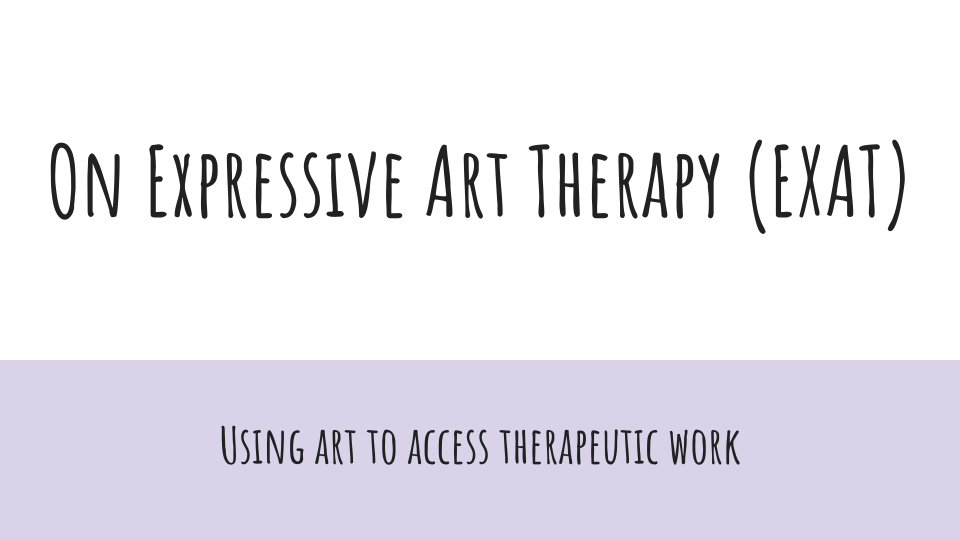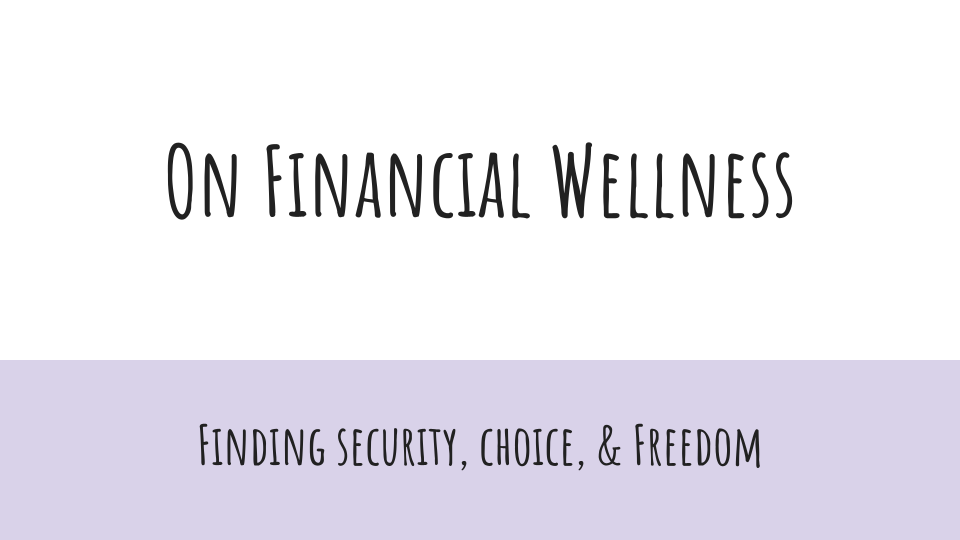On Parenting Styles
Parenting Styles can help shed light on not only how you show up as a parent, but can also offer insight into how you were parented! So often we find ourselves engaging with the same style of parenting from our family of origin. In this chapter we will learn about the four parenting styles, and understand how this can and will show up in your relationship with your children, as well as with your own parents.
Below you will find resources related to Parenting Styles.
More about Parenting Styles
What are Parenting Styles?
Parenting styles is another tool for understanding how you connect with your child. It can also be useful in understanding how you show up as a partner, as there are often similarities. The three factors that best determine your parenting style are:
Your attunement to your child’s emotional state,
Attempts to control your child’s behavior so they can ‘fit’ into the family system, and
The parenting styles you experienced in your family of origin.
No parent is static in their style. Often we jump from one to the next, depending on a variety of emotional factors, environmental cues, and past experiences.
Different Parenting Styles
Authoritative – ability to balance both emotional attunement with boundaries … the gold standard
Permissive – all attunement, no boundaries
Focus is on alleviating your own anxiety around an outcome
Authoritarian – no attunement, all boundaries
Focus is on compliance
Uninvolved – no attunement, no boundaries
How does this relate to Communication & Emotional Management?
I believe that all of these concepts in this classroom are connected. How we parent from moment to moment is intimately linked to our current emotional state. The more emotionally escalated we are, the more likely we are to fall into our parenting patterns. That is, as emotions go up, ability to think clearly goes down, so we revert back into established ways of being in relationship because:
It is familiar
It is effective (even if it’s not necessarily healthy)
The more you work to increase the size of your ‘emotional capacity cup,’ the higher tolerance you will have for being an ‘Authoritative Parent’ in a challenging situation before reverting to your less healthy parenting style.
How does this relate to the Drama Triangle?
You might notice similarities between Parenting Styles and the Drama Triangle. In many ways, Parenting Styles is another tool to highlight an analogous dynamic. Often,
The Permissive parent is seen as the ‘Rescuer,’ and
The Authoritarian parent is seen as the ‘Persecutor.
This is because the Permissive parent is focused on emotional attunement (connecting to the underlying emotion of a behavior) but struggles with boundaries. This rescuing behavior is often a function of the Permissive parent attempting to alleviate their own anxiety about a particular outcome (ie – doing their child’s homework because they want their child to have a good grade so they can get into a good college and have a good life, etc …). Often a Permissive parent will fail to enforce boundaries because they are worried about their child’s response, or the effect it will have on the relationship. Ultimately, however, this compromises the Permissive parent’s ability to effectively parent, as they are not able to set and enforce necessary boundaries.
The Authoritarian parent is focused on compliance. They do not care about the child’s emotional experience, so long as the child is following the rules. This focus on compliance often takes the form of Persecuting as an (unhealthy) motivating tactic.
How do I work to become a more Authoritative parent / partner?
The change process is not linear, and it is not a step ladder. Mastery of one skill is not possible without mastery of several others simultaneously. That’s why our classroom focuses on integrating many topics – you will grow and have setbacks constantly across many tools that you are developing. To become a more Authoritative parent, even in high stress situations, one needs to be effectively managing their emotions, communicating in values-driven ways, approaching the situation with a sense of curiosity, owning their own mistakes, and recognizing common pitfalls / triggers that could lapse them into less healthy coping patterns. In general, following the ABCDE’s (also highlighted in the Drama Triangle module), is a useful framework for showing up ‘authoritatively.’
Attune to the underlying emotion
Set boundaries
Communicate using ‘I-Focused’ language
Recognize if you’re in the Drama Triangle
Empower your child/partner to solve their own problems
Parenting Styles Suggested Activities
Take time this week to consider the following activities related to exploring Parenting Styles. There are several different options for you to explore, in case one modality works better for you. Please note that your Conversation Prompts can also make great Journal Topics.
Journal Topics
What parenting style do you most identify with when your emotional capacity cup is (1) low, (2) rising, and (3) high?
What are tools you can use to return to a more authoritative parenting style when you find yourself slipping into less healthy patterns?
How do you connect your parenting style to the drama triangle? What correlation do you see between these two topics?
What are some barriers to parenting more authoritatively?
What parenting styles did you witness in your family of origin?
What parenting style does your partner most exhibit? How does your parenting style interact with your partner?
How do your children respond to your parenting style? When do you shift parenting styles and what is the effect on your relationship with your child/children?
Conversation Prompts
With your partner, discuss your individual parenting styles. Examine how they interact with each other. Discuss times when your parenting styles feel aligned with each other and when they feel in conflict. See if you notice any themes or patterns in how you co-parent.
Talk about the parenting styles you witnessed in your family of origin, and how you see that showing up in your relationship with your co-parent.
Experiential & Artistic Activities
Take some time to create an artistic representation of how you were parented in your family of origin - what it felt like as a child, how you responded to your parents when they were authoritative, permissive, authoritarian, or dismissive. Perhaps refer to the Wounded Child Work chapter for accompanying information.
Now, create art around how you want to parent - notice the colors chosen and the feeling of making this piece. Choose to follow this artistic expression with journaling about the experience of creating this piece.
Additional Resources on Parenting Styles
Documents/Books on Parenting Styles
Parenting From the Inside Out, by Dan Siegel
Intercultural Parenting, by Koong Haen Foo
Authoritative Parenting, by Larzelere & others
Videos on Parenting Styles
This video does a fantastic job explaining the four researched parenting styles, and also proposes a 5th - the ‘Over-Involved Parent.’ If you would like to discuss this further in our sessions, let me know!
Other Chapters in RELATIONAL/INDIVIDUAL
Check out the Rest of the Classroom!
References
Hean, F. K. (2019). Intercultural parenting: How Eastern and Western parenting styles affect child development, 1st ed. Routledge/Taylor & Francis Group.
Kompirović, T. P., Radojević, T., & Đurić, I. (2020). The Correlation Between Parenting Styles and Childrens’ Social Competences and Anti-social Behavior. New Educational Review, 62, 34–45. https://doi-org.proxy006.nclive.org/10.15804/tner.2020.62.4.03
Kuppens, S., & Ceulemans, E. (2019). Parenting Styles: A Closer Look at a Well-Known Concept. Journal of Child & Family Studies, 28(1), 168–181. https://doi-org.proxy006.nclive.org/10.1007/s10826-018-1242-x
Larzelere, R. E., Morris, A. S., & Harrist, A. W. (2013). Authoritative Parenting : Synthesizing Nurturance and Discipline for Optimal Child Development (1st ed.). American Psychological Association.
Ong, M. Y., Eilander, J., Saw, S. M., Xie, Y., Meaney, M. J., & Broekman, B. F. P. (2018). The influence of perceived parenting styles on socio-emotional development from pre-puberty into puberty. European Child & Adolescent Psychiatry, 27(1), 37–46. https://doi-org.proxy006.nclive.org/10.1007/s00787-017-1016-9
Siegel, D. J., & Hartzell, M. (2018). Parenting from the inside out: How a deeper self-understanding can help you raise children who thrive. Scribe Publications.

















